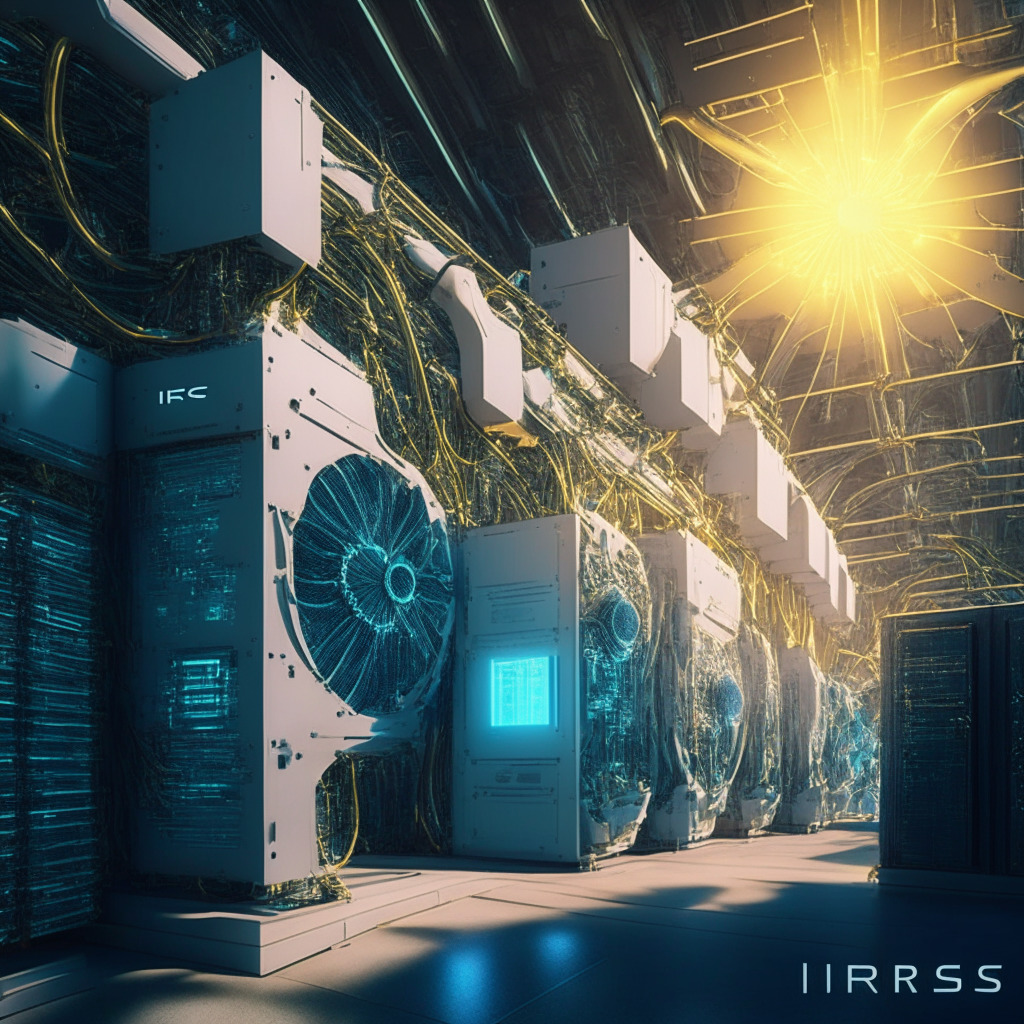The expansion of Nasdaq-listed Bitcoin mining firm Iris Energy for meeting the growing data center demands of AI has generated significant attention. Iris Energy plans to increase its capacity to 9.1 EH/s (exahashes per second) and revamp its high-performance computing (HPC) data center strategy. This expansion is projected to increase the company’s potential operating capacity by over 63% and facilitate the transition to HPC by early 2024.
While there is an increasing interest in Artificial Intelligence (AI), it is worth noting that the Bitcoin mining company has been contemplating this growth strategy for four years. In March 2020, Iris Energy signed a strategic memorandum of understanding with Dell Technologies to explore potential data center solutions for energy-intensive applications, including leveraging Dell Technologies’ HPC and artificial intelligence expertise.
Demand for AI data center space is expected to skyrocket, with Tirias research predicting a market worth of $76 billion by 2028. Iris Energy’s announcement of its expansion plans has led to a nearly 21% jump in the company’s shares, with share prices further increasing in pre-market trading. Other Bitcoin miners such as Hut 8 and Hive have also announced similar AI pivots, causing a surge in their stock prices.
The move to expand into AI cloud services is not exclusive to Iris Energy; other crypto miners have initiated similar transitions. For example, when Ethereum changed its consensus mechanism from Proof of Work to Proof of Stake, Ethereum miners started exploring alternative options such as AI applications and cloud computing. Canadian crypto miner Hive Blockchain (HIVE) announced its plans to launch ‘HIVE Performance Cloud’ and is currently piloting a cloud computing project using Nvidia GPUs at a Tier 3 data center.
In light of this, it is essential to examine the consequences of embracing AI alongside crypto mining operations. With more Bitcoin miners adopting AI strategies, the industry may benefit from increased computing resources, while potentially reducing the environmental impacts of crypto mining. On the flip side, competing interests may arise between AI applications and cryptocurrency mining, creating dilemmas in resource allocation priorities. Moreover, this shift may raise concerns regarding centralization, as large-scale miners have greater resources to tap into AI and other advanced technologies, potentially gaining an unfair advantage over smaller players.
In conclusion, while the expansion of cryptocurrency miners into AI cloud services promises new opportunities for growth and innovation, it also presents challenges and potential conflicts with traditional mining operations. As the market continues to evolve, stakeholders must balance the pros and cons of embracing advanced technologies as they impact the future of crypto mining and AI applications.
Source: Cryptonews




